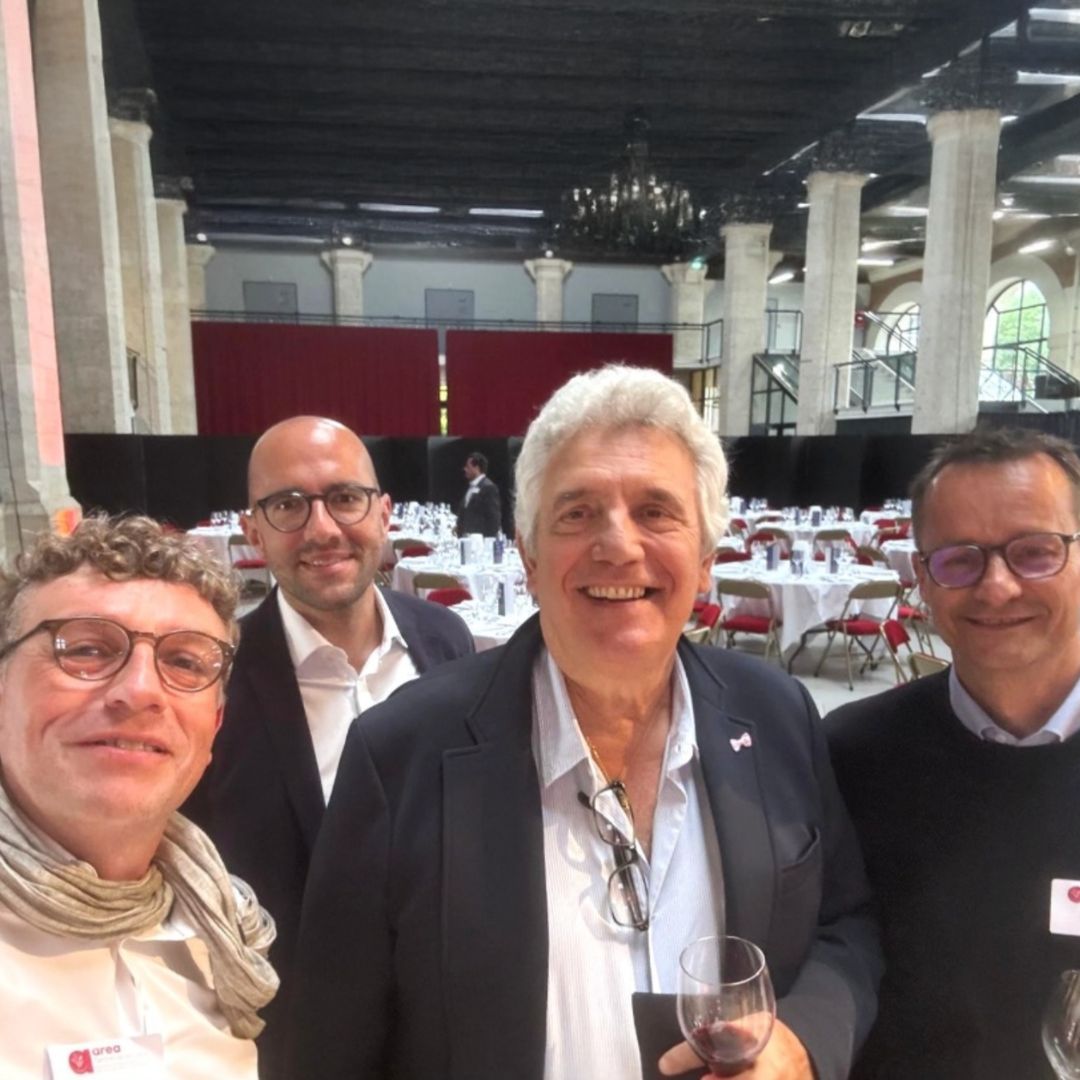
The health crisis and the availability of raw materials and energy have reignited the debate on the importance of relocating part of industrial production for strategic sectors, such as the food industry. Today, there are many relocation and reindustrialization projects in France.
- In 2021, France saw an increase in the establishment of new factories. Among them, the agri-food sector represents 97 takeover or relocation projects in mainland France and in the DROMs. This increase receives 132 million euros from the State to finance them.
- In April 2022, BpiFrance launched a call for projects of 300 million euros, “France 2030”, aimed at agrifood and agricultural companies to supplement the war in Ukraine and reform a strategic industrial network.
- The objective is to :
- Reduce our dependence on extra-European imports
- Meeting the food challenges of the future
- Develop the energy transition
- Support the resilience of agricultural value chains
85% of French industrial SMEs and ETIs declare that they have all their production sites in France. Among them, 1 in 5 companies declares that they want to open their new sites on the national territory.
For 58% of respondents, the current situa. tion of supply chains is a key factor in the choice to relocate production sites. Indeed, 82% of agri-food companies are affected by raw material shortages. National preference is the 2nd reason, followed in 3rd by environment and ecological transition.
Finally, relocating also means transforming factories to make them more efficient through robotization and AI. Thus, the jobs generated are therefore positions specific to this sector or even “new professions”. 94% of leaders say digital helps them continue and grow their business. However, half of them say that digital has had a hard time taking hold, due to lack of internal skills. Also, it is necessary to recruit the right people to initiate the change and bring about the transition.
Leaderia welcomes this revival of the agri-food industry and offers to connect executives and managers through permanent recruitment or transition management to accelerate the relocation of our know-how.
These articles might interest you

We Almost Played Handball with Claude Onesta
Leadership and Performance: What Companies Can Learn from Elite Sports At the AREA Centre-Val de Loire Gala, Claude Onesta, former head coach of the French handball team, delivered an inspiring and practical management lesson by blending his elite sports experience with business challenges. Aurélien VÉTAULT and Louis-Simon FAURE were present to hear a […]

We visited… The DIRCA congress in Angers
Leading Through Uncertainty: Key Takeaways from the DIRCA Annual Congress As agricultural and agri-food cooperatives face a series of profound changes — environmental transitions, regulatory pressures, and technological upheaval — the question of leadership has never been more central. The 2025 DIRCA Congress, the annual gathering of senior executives from the agricultural and agri-food cooperative […]

Interim management: when experience meets AI
From the ground to the table, AI will have taken just a few months to establish itself at every level of the value chain and reshuffle the cards. AI is optimising logistics, reducing waste and streamlining customer paths. The key role of interim management But while […]